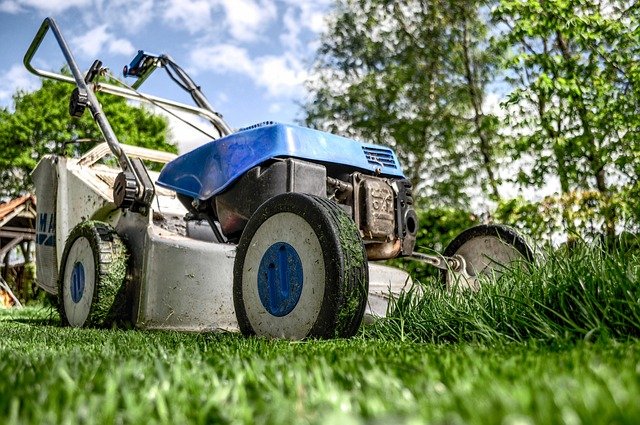Discover How to Find Affordable Homes Across the U.S.
Across the United States, countless homes sit empty, waiting for new owners or facing demolition. These foreclosed properties, once cherished family spaces, are now being sold at shockingly low prices. It’s hard to believe, but these houses—some still in decent condition—are available for a fraction of their original value. Whether you’re looking to buy your first home, invest in real estate, or simply explore an incredible opportunity, this phenomenon is worth understanding. Discover how you can take advantage of this situation and why acting quickly might be crucial.
What exactly are foreclosed homes?
Foreclosed homes are properties that have been repossessed by lenders, typically banks or government agencies, due to the homeowner’s failure to meet mortgage payments. When a homeowner defaults on their loan, the lender initiates foreclosure proceedings to recover the outstanding debt. This process ultimately results in the property being seized and put up for sale. Foreclosed homes can be found at various stages of the foreclosure process, from pre-foreclosure to bank-owned (REO) properties.
Why are foreclosed homes often sold at lower prices?
Foreclosed homes are frequently sold at discounted prices for several reasons. First, lenders are motivated to recoup their losses quickly, often prioritizing a fast sale over maximizing profit. Additionally, these properties may have been neglected or damaged during the foreclosure process, requiring repairs or renovations. The combination of motivated sellers and potential property issues creates opportunities for buyers to acquire homes at below-market rates.
How can you find foreclosed properties in your area?
Finding foreclosed homes requires some research and legwork, but several resources can help streamline the process:
- Online real estate databases: Websites like Zillow, Realtor.com, and Foreclosure.com offer searchable listings of foreclosed properties.
- Bank websites: Many lenders maintain their own REO (real estate owned) listings.
- Government agencies: HUD, Fannie Mae, and Freddie Mac list foreclosed properties they own.
- Local real estate agents: Some agents specialize in foreclosures and can provide valuable insights.
- County records: Public records of foreclosure filings can be accessed at your local county courthouse.
What are the potential risks of buying a foreclosed home?
While foreclosed homes can offer significant savings, they also come with unique challenges:
- Property condition: Foreclosed homes are often sold “as-is,” potentially requiring extensive repairs.
- Hidden liens: Outstanding taxes or other liens may be attached to the property.
- Competitive bidding: Popular properties may attract multiple offers, driving up prices.
- Limited inspections: Some foreclosed homes may not allow thorough inspections before purchase.
- Longer closing times: Dealing with banks or government agencies can extend the closing process.
What steps should you take when considering a foreclosed property?
To maximize your chances of success when pursuing a foreclosed home:
- Get pre-approved for a mortgage to demonstrate your buying power.
- Work with a real estate agent experienced in foreclosures.
- Conduct thorough research on the property’s history and potential issues.
- Budget for repairs and renovations, as many foreclosed homes need work.
- Be prepared for a potentially lengthy and complex purchasing process.
- Consider hiring a real estate attorney to navigate legal complexities.
How do foreclosure prices compare to traditional home sales?
Foreclosed homes often sell at a discount compared to similar properties in the same area. However, the exact savings can vary widely depending on factors such as location, property condition, and market demand. To illustrate the potential savings, here’s a comparison of average home prices in different scenarios:
| Property Type | Average Price | Potential Savings |
|---|---|---|
| Traditional Sale | $300,000 | N/A |
| Short Sale | $270,000 | 10% |
| Foreclosure (REO) | $240,000 | 20% |
| Auction Foreclosure | $210,000 | 30% |
Note: Prices, rates, or cost estimates mentioned in this article are based on the latest available information but may change over time. Independent research is advised before making financial decisions.
Buying a foreclosed home can be a smart investment strategy for those willing to navigate the complexities of the process. While these properties often come with attractive price tags, it’s crucial to approach them with caution and thorough research. By understanding the risks and rewards associated with foreclosed homes, you can make an informed decision about whether this type of property aligns with your real estate goals and financial situation.
The shared information of this article is up-to-date as of the publishing date. For more up-to-date information, please conduct your own research.





